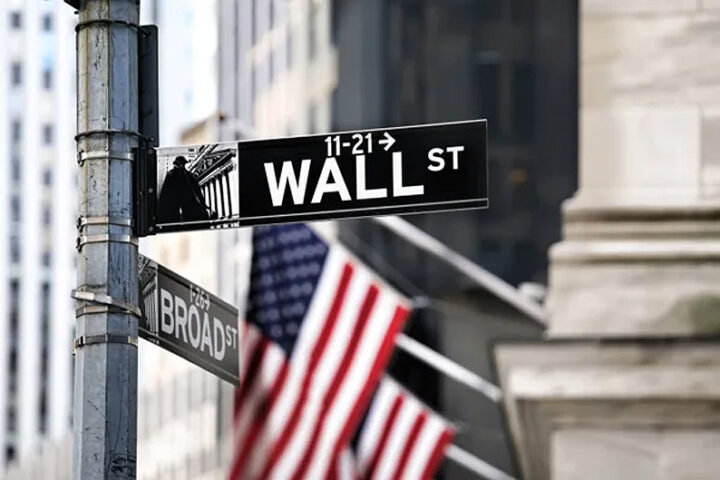.
By Mariana Antonescu
Tourism has been the leading growth sector in Cyprus since 1980 and now constitutes the backbone of the economy. At present, the island hosts more than 2 mln tourists every year, according to a 2015 Cyprus Tourism Market Report conducted by KPMG.
At the same time, the number of people who book hotel reservations through online travel agencies like Booking.com and Hotels.com continues to grow each year. Although this type of booking helps hotels increase sales, it takes away the hotel’s direct interaction with the customer. This trend also reduces the revenue that hotels make from those bookings because the online travel agencies have to take their cut too. Fortunately, social networks like Facebook present a significant opportunity for hotels to build relationships that lead to brand awareness, word-of-mouth marketing, and ultimately, sales.
For the past years social media has grown to be one of the most effective means for tourists to seek information and share travelling experiences. The places people choose to visit and the activities they take part in are hugely influenced by current trends, the opinion of friends and the power of social opinion. Approximately one-fifth of leisure travellers worldwide turn to social media platforms for inspiration within different categories of their travel planning including: hotels (23%), vacation activities (22%), attractions (21%) and restaurants (17%). Another survey found that 52% of Facebook users said their travel plans were affected by seeing friends’ pictures of trips. Of people who had already made travel plans, only 48% stuck with their original plan after checking out what was being said on social media channels, 33% went on to change their hotel and 7% altered their entire trip by changing destinations. Hence, the influence of social media on the traveller’s decision-making cannot be ignored.
My company has managed complete marketing solutions for hotels since 2010. By mid 2013 we introduced a dedicated social media team working to manage complete campaigns for our clients. What we’ve learned is that the hotels that get most direct return on investment on social media are hotels that adopt the following practices:
Build a community of loyal followers around the property. The size of your community is an obvious factor in using social media to drive revenue. Simply put, more followers equals more revenue. However it’s not about acquiring as many connections as possible; it’s about quality. You need ‘Likes’ from people who really do like you, who will act as your hotel’s brand ambassadors and spread the good word to their Facebook friends. If you manage your Facebook page right, you can create long-lasting relationships with your guests who will stay with you whenever they can, interact with you frequently on your social media platform and share with their friends the wonderful time they are having during their travels thus extending the reach of your brand and increasing your return on investment.
Optimise for mobile devices. Mobile devices (smart phones and tablets) are here to stay. According to Google research in Europe, 40% of leisure travellers and 36% of business travellers book using their mobile devices. While this shift has already driven online travelling agencies to expand their services, luxury hotels in Cyprus have been slow to explore expanding their services. A user-friendly mobile site or an integrated mobile brand app is a way for hotels to increase their revenue through mobile bookings and by sending special offers through push notifications.
Manage your online reputation. Consumers have an unprecedented impact on a hotel’s reputation and success. Travellers who have had poor experience with a hotel will often vent their anger in social media forums. Negative comments, if not acknowledged and followed up with remedial action, can be devastating to the reputation of the hotel and therefore sales, as the sheer reach of social networks means negative publicity spreads very rapidly. On the other hand, effective service recovery can actually increase customer loyalty as it conveys the perception that the company cares for its customers. Have a dedicated team that monitors social comments on a daily basis, and ensures prompt response to customer issues and feedback.
Share TripAdvisor reviews. TripAdvisor is one of the most important resources when it comes to swaying a potential guest into sealing the deal and choosing to stay with you. Don’t shy away from sharing exceptional, 5-star TripAdvisor reviews with your followers, while also encouraging reviews from your past guests. Kanika Hotels make a point to share TripAdvisor awards and certificates of excellence on their Facebook page as well as to encourage guests to share their experience at their hotels and have already witnessed an increase in user reviews on the platform.
Though social media marketing in the hotel industry has a long way to go, it has a lot of potential and ignoring it would be a mistake. Integrating social media into a company’s marketing communications programme is necessary to help bring the companies closer to their customers, to listen to them, to meaningfully engage with them and ultimately boost customer service, brand and sales.
Mariana Antonescu (PhD) is Business Consultant with a special interest in the field of Social Media Marketing.
www.mariana.branded.me







